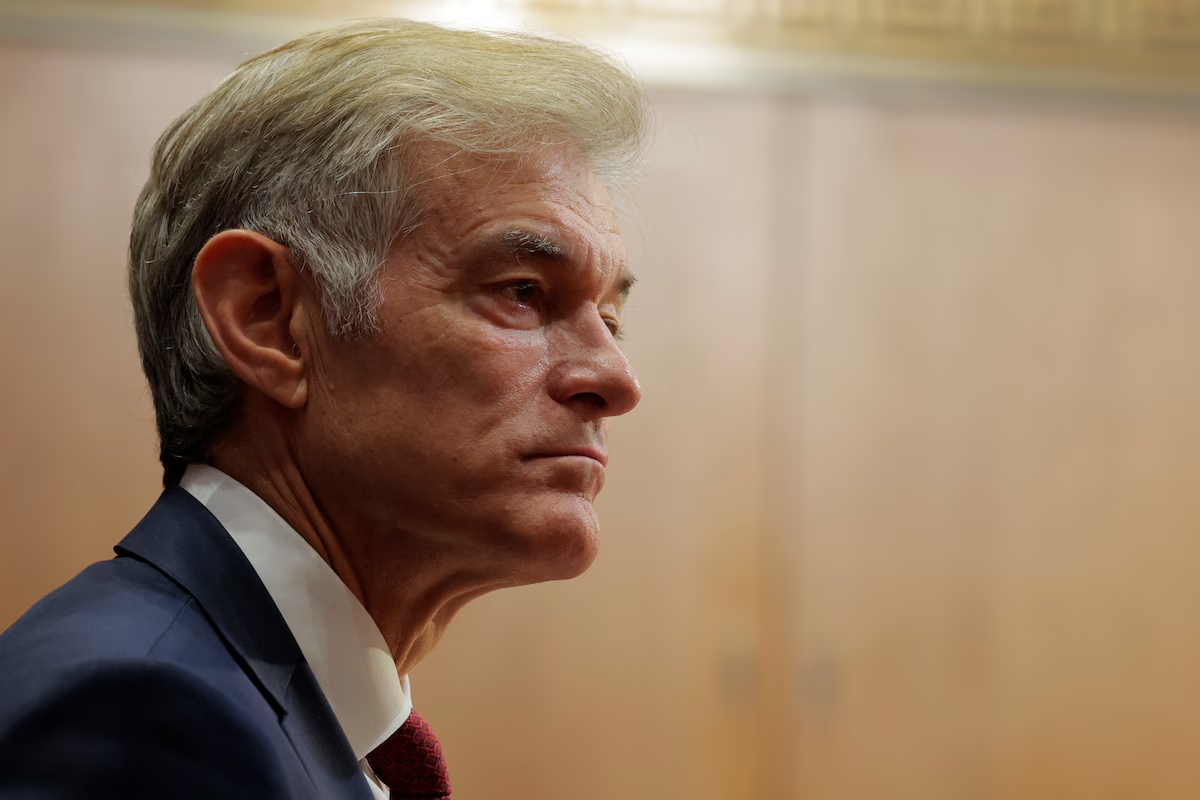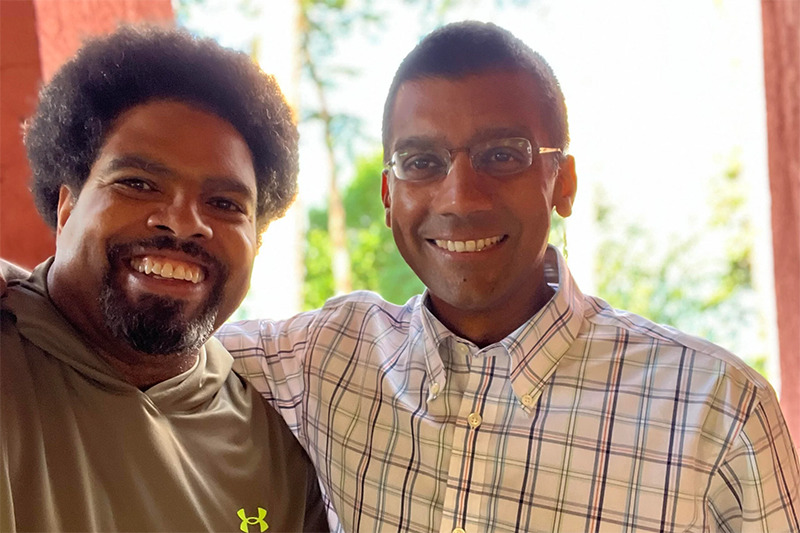
Time to end secret data laboratories—starting with the CDC
The American people are waking up to the fact that too many public health leaders have not always been straight with them. Despite housing treasure…
Thought Leader: Marty Makary

Before I watched the confirmation hearing for Mehmet Oz, President Donald Trump’s nominee to head the Centers for Medicare and Medicaid Services (CMS), I wasn’t sure what to think. On the one hand, Oz is a physician with stellar academic credentials from Harvard and the University of Pennsylvania who became a professor of cardiothoracic surgery at Columbia before the age of 40. On the other hand, he gained fame through a daytime television show where he touted questionable treatments and faces accusations of skirting Medicare and Social Security taxes.
After listening to his responses in front of the Senate Finance Committee last week, I came away impressed. This is a highly intelligent candidate and a gifted communicator who has a clear vision of how to use the levers of Medicare and Medicaid to reform health care. Under the Trump administration, cuts to these safety net services are all but inevitable. It should be at least somewhat reassuring that the person overseeing these cuts is a thoughtful clinician who has plans to mitigate some of the consequences.
Politicians from both sides of the aisle agree that the U.S. health-care system is broken. Spending per person is nearly twice that of comparable countries, yet health outcomes are demonstrably worse. Medicare and Medicaid together account for nearly 40 percent of total national health expenditures and are growing at unsustainable rates. Meanwhile, the country is facing a health worker shortage driven partly by high burnout among providers, disproportionately affecting patients in rural and other underserved areas.
Oz presented several innovative yet pragmatic ideas to deal with this constellation of problems. Like Marty Makary, Trump’s nominee to lead the Food and Drug Administration, Oz is a big supporter of technological solutions, including using artificial intelligence to reduce paperwork burdens for doctors and nurses and expanding telemedicine to tackle workforce shortages. These proposals will have bipartisan support and could help address staffing challenges in nursing homes, rural hospitals and other key areas of concern.
Technology can also help alleviate another perennial headache for providers: obtaining prior authorization for insurance companies to cover their patients’ procedures. Oz said he wants to cut the number of procedures that could require prior authorization from more than 15,000 to just 1,000. He also wants to lay out objective criteria for approval and deploy technology to dramatically speed up the process. This will be welcome news to physicians and patients alike.
Oz also spoke a lot about reconfiguring incentives in treatments. It was a pleasant surprise to hear a surgeon discuss why it’s a problem that the health-care system reimburses well for surgery but not for discussions on whether surgery is needed. It’s long past due for the CMS to better incentivize patients to have conversations with primary-care providers on how to stay healthy and avoid chronic diseases. Similarly, I was glad to hear him cite sickle-cell gene therapy as an example of a costly procedure that saves a lot down the line and should be considered cost-effective.
He even seemed to support prescription drug price negotiations started during the Biden administration, saying he is “compelled to look at every way to reduce drug prices.” He commended employees at CMS and vowed to learn from their “remarkable wisdom.” And he used language mirroring that of the public health community, often referring to the mission of his agency as “taking care of the most vulnerable.”
Of course, Oz holds many positions that I disagree with. He champions work requirements for Medicaid eligibility, a concept that might sound reasonable but in practice does a lot more harm than good. A recent analysis by the nonpartisan Center on Budget and Policy Priorities found that work requirements would not increase employment but would instead impose administrative barriers that could take coverage away from as many as 36 million Americans (44 percent of all Medicaid enrollees). In addition, Oz is unlikely to oppose Republican legislation poised to cut hundreds of billions of dollars in Medicare and Medicaid funding, which could prove catastrophic to health-care access for families across the country.
But I am realistic. Would any Trump nominee for CMS administrator hold positions opposing the administration’s priorities? At least Oz has solid ideas that could transform health care for the better.
I know some readers will dislike this analysis. I understand the inclination to oppose every Trump nominee, but it’s important to carefully assess each person for their proposed role and save the outrage for truly dangerous candidates (like Health and Human Services Secretary Robert F. Kennedy Jr., who propagates anti-vaccine conspiracy theories during a multistate measles outbreak).
Oz is not like Kennedy. I believe he is closer to Makary and Jayanta Bhattacharya, Trump’s nominee to direct the National Institutes of Health. These are bright and qualified candidates — if unconventional — who are about the best we could hope for from this administration. The medical community and the public should stop harping on past transgressions and start seeking common ground to fix systemic health-care problems.
Time to end secret data laboratories—starting with the CDC
The American people are waking up to the fact that too many public health leaders have not always been straight with them. Despite housing treasure…
Thought Leader: Marty Makary
Sanjay Gupta: Can Safety and Excitement Coexist in the NFL
This is the episode of Chasing Life with Dr. Sanjay Gupta. ‘One of the most dangerous plays in football, the kickoff, is getting a makeover…
Thought Leader: Sanjay Gupta
A Meeting of the Minds at Bellagio Spurs a Convening and a Movement
A Bellagio residency leads to a Bellagio convening and a project to alter the U.S. economic system in favor of better health Two Bellagio Center…
Thought Leader: Dave Chokshi

